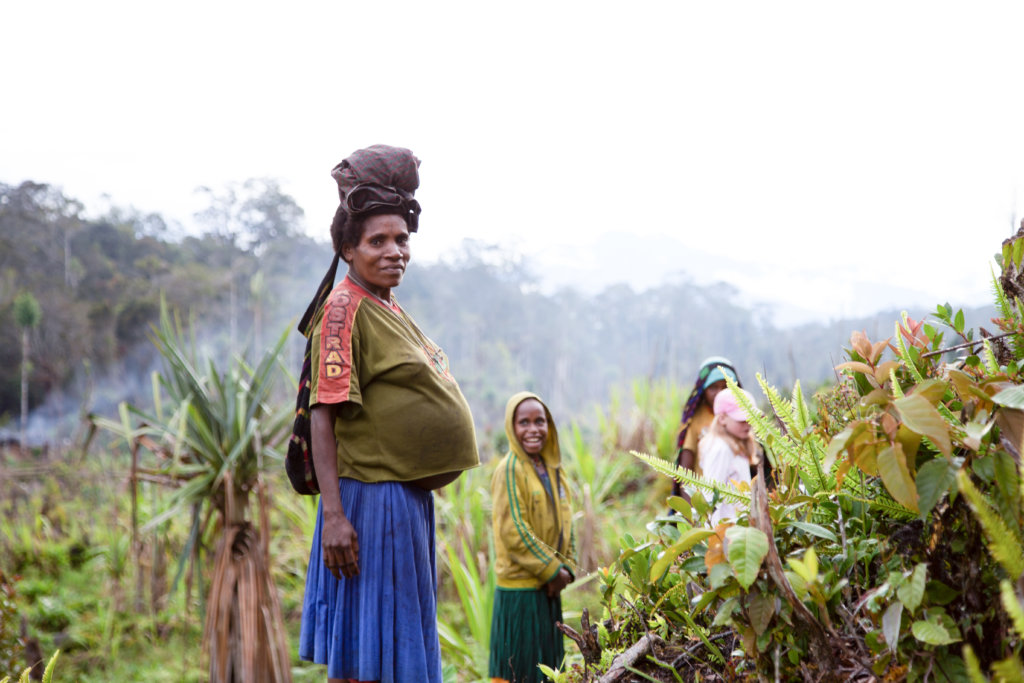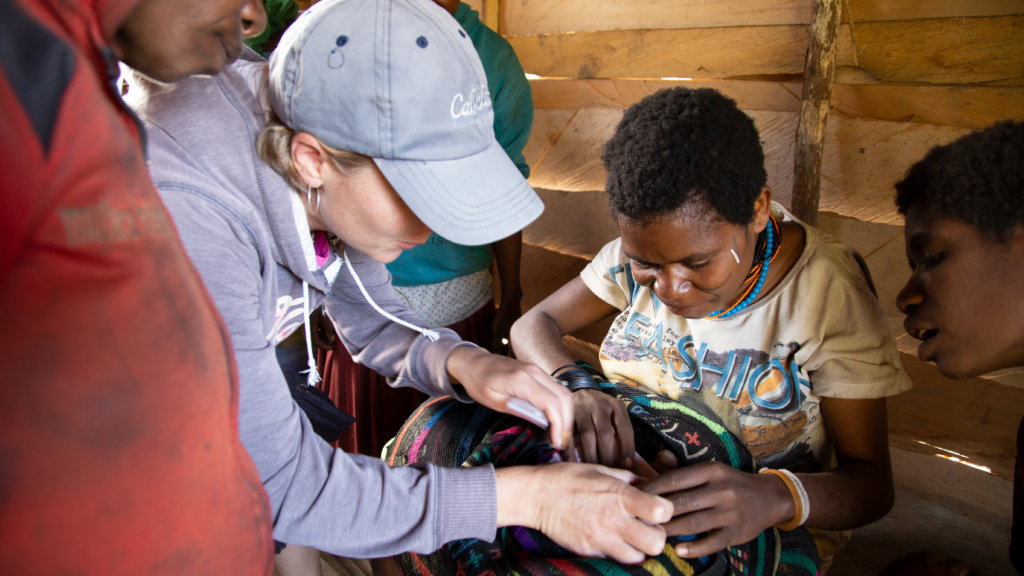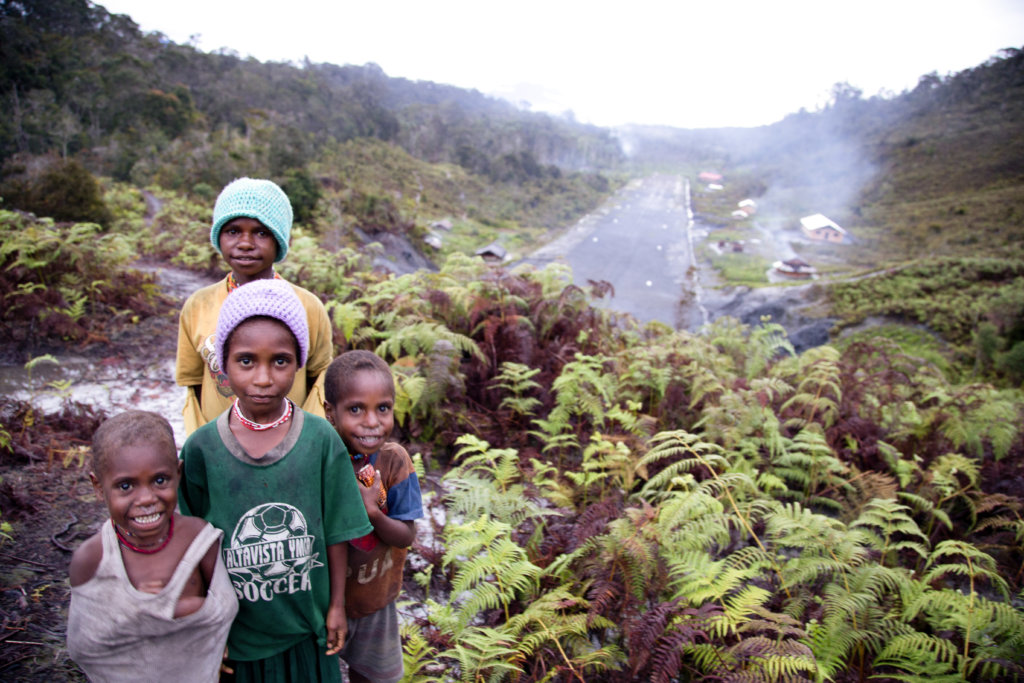When the missionaries arrived they were astonished by what they found. The local people believed in impulsive spirits who ruled over every aspect of their daily lives. They lived in fear. Any omen could be disastrous.
The locals initially thought the missionaries were gods and prepared animal sacrifices.
“Friends, why are you doing this?” the missionaries declared. “We too are only human, like you. We are bringing you good news, telling you to turn from these worthless things to the living God, who made the heavens and the earth and the sea and everything in them. In the past, he let all nations go their own way. Yet he has not left himself without testimony: He has shown kindness by giving you rain from heaven and crops in their seasons; he provides you with plenty of food and fills your hearts with joy.”
This account is from Acts 14 when Paul and Barnabas entered the city of Lystra in ancient Galatia. The people of Lystra were living in fear under the goddess Agdistis and thought Paul and Barnabas were Zeus and Hermes sent to rescue them.

FROM ANCIENT GALATIA TO MODERN PAPUA
While this situation seems strange to modern readers, accounts like these are not unheard of in the places MAF serves—places where the message of the gospel is just breaking through.
“This describes many people living in Papua, Indonesia,” said David Holsten, MAF’s president and CEO, who spent 17 years in Indonesia. “The people are living in bondage to fear, war, anxiety, and superstition. They have no hope.”
The bondage they are living under is not simply metaphorical. The real-life implications of such spiritual oppression are often brutal.
“We would starve with our fields full of crops,” recounted one Indonesian pastor. “If we walked to a field and a bird flew across our path in a certain direction, we wouldn’t go because we believed
it was a sign that something bad was going to happen. We would starve to death with food in sight.”
In some tribes, the accounts are even more disturbing. Missionaries in Papua tell of mothers giving birth to twins—a very bad omen in many parts of the world. After birth, the mothers would literally stomp one of the children to death to avoid a curse.
Such superstitions, tribal warfare, and revenge killings are still a way of life in places the gospel has not been introduced.
OVERCOMING BARRIERS
Places like Papua—while undoubtedly not known by the early church—are what Jesus was talking about when he commanded his followers to go to the ends of the earth. But many of those places are hard to reach.
The island of New Guinea (where Papua is located) boasts a mountain range of over 16,000 feet— higher by far than any mountain in the lower 48 states. In contrast, the lowlands are covered by thick jungles and swamps teeming with malaria and dengue fever. Little to no infrastructure exists, making travel extremely difficult.

MAF airplanes are often the only bridge between communities in the vast interior of the island and the outside world. Medical care, educational opportunities, food, and supplies for community development arrive to these remote villages on MAF airplanes.
And these small airplanes are the means by which missionaries and local evangelists can reach these isolated people with the message of the gospel. “The gospel that Jesus brings is a message of freedom,” said David.
MAF has partnered with missionaries in Mokndoma and, in recent years, helped the community open an airstrip. The people of this village have heartily accepted the freedom Jesus brings and it shows in tangible ways. It shows in the way husbands respect and honor their wives. It shows in the carefree play of the children. It shows when an injured villager uses a Band-Aid rather than cutting herself to rid the “bad blood.”

If you were to climb up on a ridge near the village of Mokndoma, you would find yourself looking across a steep valley to see another village on the opposite side. The people of this village—only a three-minute flight away—have not yet accepted the message of hope. Life there is very different than life in Mokndoma.
It is a situation not unfamiliar to the early apostles in Galatia, Judea, and Samaria, and it is not unfamiliar to missionaries serving in isolated places around the world today. Your support of MAF makes it possible for that to change.
Paul’s message to the Galatians—the message of the gospel of Jesus Christ—stills rings out: “So you are no longer a slave, but a child of God … It is for freedom that Christ has set us free.”
Story ran in the November 2019 issue of FlightWatch. Read the entire issue here:



